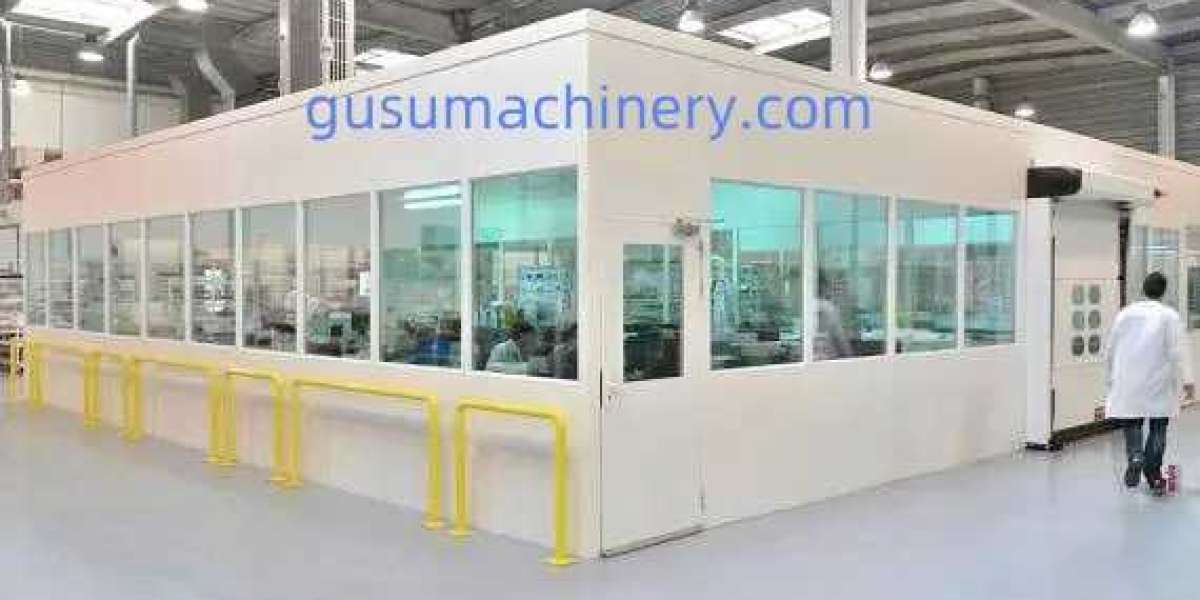The construction industry is undergoing a paradigm shift toward smarter, greener, and more energy-efficient buildings. Insulated Concrete Forms (ICFs) are at the forefront of this change, providing an innovative solution for constructing insulated wall systems that meet the growing demand for sustainable housing.
The Concept of Insulated Concrete Forms
ICFs Suppliers consist of interlocking foam blocks that serve as a mold for concrete walls. Once concrete is poured and set, the blocks remain part of the wall, providing continuous insulation and structural support. This design eliminates thermal bridges and reduces heat transfer, making ICF walls one of the most energy-efficient construction options available.
Advantages of Energy-Efficient Walls
ICF walls offer superior thermal performance, keeping indoor spaces comfortable year-round. They reduce the need for mechanical heating and cooling, resulting in lower energy bills and a reduced carbon footprint. Additionally, the soundproofing and fire-resistant qualities of ICF walls enhance the safety and comfort of homes, further supporting sustainable housing initiatives.
The Importance of ICF Suppliers
Reliable ICF suppliers play a crucial role in the construction ecosystem. They provide high-quality blocks, technical support, and guidance on installation practices. Partnering with trusted suppliers ensures that insulated wall systems meet both energy efficiency and structural standards, which is critical for builders aiming to achieve green building certifications.
ICF Block Price and Long-Term Benefits
While ICF blocks are initially more expensive than traditional materials, the long-term advantages outweigh the initial investment. Energy savings, durability, and reduced maintenance costs make ICFs a smart choice for both residential and commercial projects. Furthermore, the modular nature of ICFs accelerates construction timelines, contributing to overall cost efficiency.
Applications in Sustainable Housing
ICFs are increasingly incorporated into eco-friendly residential projects, offering benefits such as thermal insulation, sound reduction, and structural resilience. They are also suitable for foundations, basements, and above-ground walls, providing versatile solutions for sustainable housing development. Homeowners benefit from reduced energy costs and improved comfort, while builders achieve compliance with green building standards.
Environmental Considerations
The use of ICFs aligns with environmentally responsible construction practices. Integrated insulation reduces material waste, and the durability of ICF walls minimizes the need for frequent repairs or replacements. This combination of efficiency, resilience, and reduced environmental impact makes ICFs a cornerstone of green building initiatives.
Conclusion
Insulated Concrete Forms are revolutionizing construction by offering a holistic solution for energy-efficient, sustainable, and durable buildings. From their modular design and superior thermal performance to the support provided by trusted suppliers, ICFs are empowering builders and homeowners to embrace green building practices and contribute to a more sustainable future.






